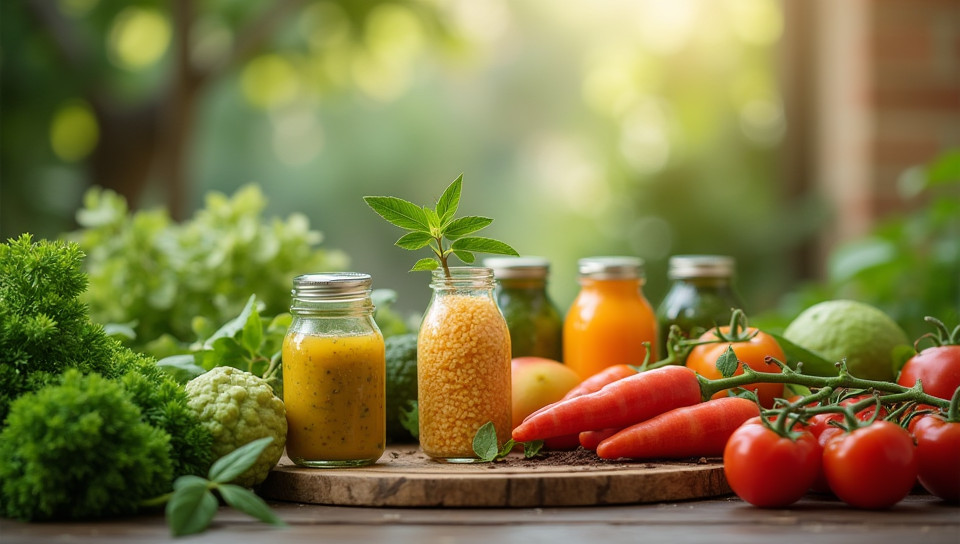Plant-based diets do not account for water usage concerns 63%

The Dark Side of Plant-Based Diets: A Hidden Water Crisis
As the world shifts towards more sustainable and environmentally conscious lifestyles, plant-based diets have become increasingly popular. Many people believe that ditching meat is the key to reducing their carbon footprint and helping the planet. However, a closer look at the numbers reveals a concerning truth: plant-based diets often come with an unacknowledged water usage problem.
The Water Intensity of Plant-Based Diets
Plant-based diets are not as water-friendly as they seem. While it's true that animal agriculture is a significant contributor to greenhouse gas emissions and deforestation, the production of plant-based foods also requires vast amounts of water. Here are some examples:
- Avocados require over 320 liters of water per kilogram to produce
- Almonds need around 1,000 liters of water per kilogram
- Coffee beans use approximately 1,500 liters of water per kilogram
The Reality of Large-Scale Farming
Most plant-based foods are produced on large industrial farms that rely heavily on irrigation systems. These farms often draw water from aquifers and rivers, depleting local water sources and affecting ecosystems. In addition, the use of pesticides, fertilizers, and other chemicals can contaminate soil and water, further exacerbating the problem.
The Myth of Sustainable Agriculture
Some proponents of plant-based diets claim that sustainable agriculture practices can mitigate these issues. While it's true that some farms are adopting more eco-friendly methods, the sheer scale of industrial agriculture makes it difficult to implement widespread changes. Moreover, even organic farming often relies on irrigation systems and other water-intensive methods.
Conclusion: Time for a Reality Check
Plant-based diets may be better for the environment in some ways, but they're not the panacea many people think they are. The reality is that large-scale industrial agriculture is a water-intensive process, regardless of whether it's producing meat or plant-based foods. It's time to rethink our assumptions and prioritize water conservation in our food choices.
By acknowledging this hidden crisis and making informed decisions about our diets, we can work towards creating a more sustainable future for all.
- Created by: Elijah Gonzalez
- Created at: Aug. 20, 2024, 11:08 p.m.
- ID: 7885






